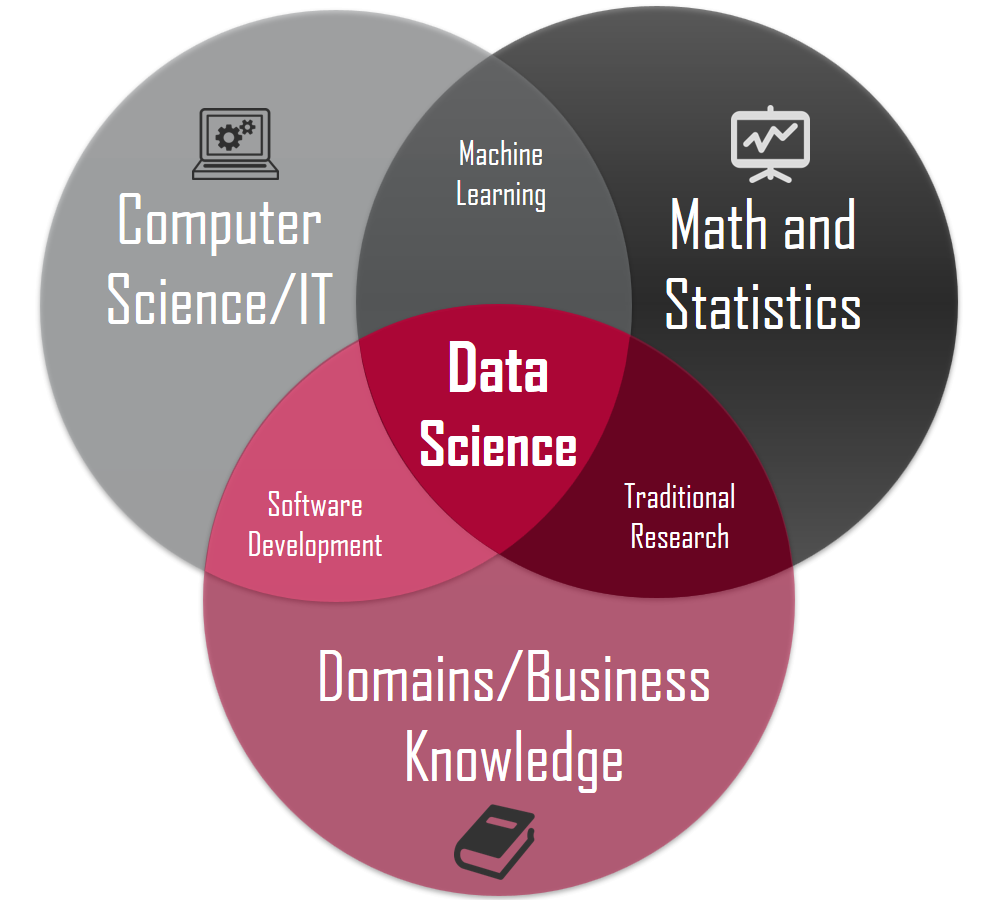Initial Idea 2
Data Science
What is Data science?
At a high level, data science is a set of fundamental principles that support and guide the principled extraction of information and knowledge from data. Possibly the most closely related concept to data science is data mining which is the actual extraction of knowledge from data via technologies that incorporate these principles. There are hundreds of different data-mining algorithms and a great deal of detail in the methods of the field. Underlying all these many details is a much smaller and more concise set of fundamental principles.
How are the principles of data science applied?
These principles and techniques are applied broadly across functional areas in business. Probably the broadest business applications are in marketing for tasks such as targeted marketing, online advertising, and recommendations for cross-selling. Data science also is applied for general customer relationship management to analyze customer behavior in order to manage attrition and maximize expected customer value. The finance industry uses data science for credit scoring and trading and in operations via fraud detection and workforce management. Major retailers from Wal-Mart to Amazon apply data science throughout their businesses, from marketing to supply-chain management. Many firms have differentiated themselves strategically with data science, sometimes to the point of evolving into data-mining companies.
Is data science just about mining data?
But data science involves much more than just data-mining algorithms. Successful data scientists must be able to view business problems from a data perspective. There is a fundamental structure to data-analytic thinking, and basic principles that should be understood. Data science draws from many “traditional” fields of study. Fundamental principles of causal analysis must be understood. A large portion of what has traditionally been studied within the field of statistics is fundamental to data science. Methods and methology for visualizing data are vital. There are also particular areas where intuition, creativity, common sense, and knowledge of a particular application must be brought to bear. A data-science perspective provides practitioners with structure and principles, which give the data scientist a framework to systematically treat problems of extracting useful knowledge from data (Provost and Fawcett, 2018)
Data science combines Computer Science, Math, and Statistics with Business knowledge because it uses statistics and computer science to retrieve the data that is mainly used in big industries to estimate future costs and profits so the business can anticipate any upcoming problems and plan accordingly.

(Towards Data Science, 2018)
Why is data science important?
The company might be able to anticipate unusual demands for products and the company will be able to rush products to the store in case of any sort of disaster.
This is done by analyzing the vast amount of data from previous incidents to anticipate which products will increase in demand during those times. This can also be unusual things such as strawberry pop-tarts increasing in sales by roughly 7 times during a hurricane.
What is data-driven decision-making?
The ultimate goal of data science is to improve decision-making and this is generally linked to business. Data-Driven Decision making refers to acting on decisions made using data than acting on pure intuition which can be clouded by emotion and stressful times.
The following figure places data science in the context of other closely related and data-related processes in the organization

(Provost and Fawcett, 2013)
Reference List:
Provost, F. and Fawcett, T., 2013. Data science and its relationship to big data and data-driven decision making. Big data, 1(1), pp.51-59.

Comments
Post a Comment